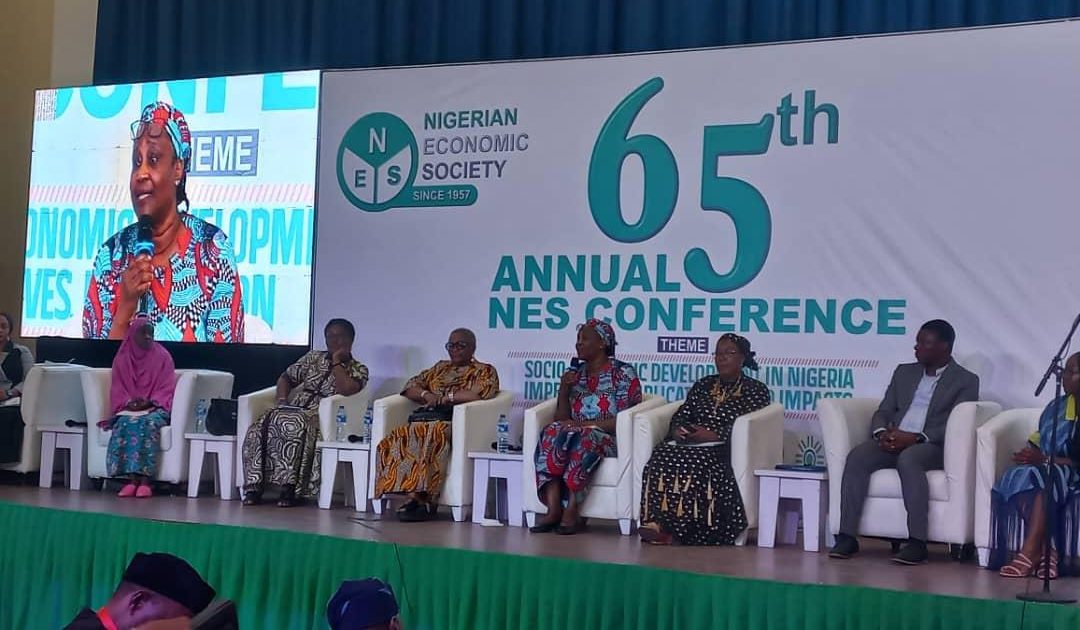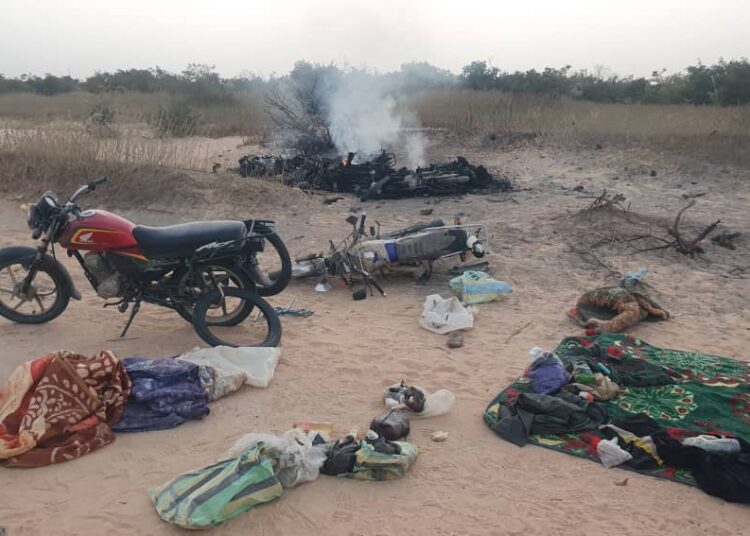
Stakeholders have called on the Federal and State Governments to implement the National Women’s Economic Empowerment Policy as the best strategy to mitigate the country’s negative impact of surging Gender-Based Violence.
The stakeholders made the call in a statement issued on Friday at the end of the 2024 National Conference of the Nigerian Economic Society, themed ‘Socio-economic development in Nigeria: Imperatives, implications and impacts’ which was held from September 3-4, 2024, in Abuja.
The National WEE policy and action plan was launched in May 2023 as a holistic and robust plan that leverages diverse approaches and perspectives to redefine the Federal Government’s approach to women’s economic empowerment.
The domestication of the policy is key to attaining sustainable economic growth and bridging the gender gaps at Nigeria’s subnational and national levels.
Globally, one in three women experience physical and/or sexual violence in their lifetime, mostly by an intimate partner, according to the World Health Organisation.
The United Nations defines violence against women as any act of gender-based violence that results in or is likely to result in, physical, sexual, or mental harm or suffering to women, including threats of such acts, coercion, or arbitrary deprivation of liberty, whether occurring in public or in private life.
Speaking during a panel session tagged, ‘Economic policy shocks and the role WEE Policy domestication as a framework for responding to household poverty,’ organised by the Development Research and Projects Centre, the Executive Director of the centre, Dr Judith-Ann Walker said the overarching reason for domesticating the Policy at the subnational level is to serve as a set of principles that guide actions and decisions among policymakers to achieve specific goals of improving the economic well-being of women at that level.
According to her, the policy allows for tailored strategies that address specific local needs and challenges while aligning with the broader national objectives.
She explained that implementing the policy at the federal and subnational levels will serve as a guidance that provides a framework for decision-making, ensuring that actions, such as budgeting and annual operating plans, among others, are consistent with the values and objectives of the state governments.
She said the policy provides the most effective framework for tracking how women benefit from the allocation of resources, from the release of finances and access to economic opportunities.
“The policy is Nigeria’s only policy instrument around which a strong economic case can be made, targeting the vulnerable, at risk and disabled women, as well as survivors of gender-based violence,” she stated.
While calling for concerted efforts at all levels to ensure the implementation of the policy, she argued that the growing cases of GBV across the 36 states would be drastically reduced to the minimum if women were empowered.
“Statistics and research have shown that once a woman is empowered, then the possibility of being abused is reduced drastically,” she added.
Earlier in her submission, the Commissioner of Women Affairs in Akwa Ibom State, Dr Ini Adiakpan, explained that efforts had reached a conclusive stage in the domestication and implementation of the WEE policy as part of the deliberate efforts of the state government to empower women and reduce cases of GBV in the state.
While calling on all 36 state governments to prioritise the implementation of the policy, she noted that with an empowered women population, Nigeria stands to gain an additional $6bn into the economy, thereby increasing the Gross Domestic Product in the country.
In her speech at the panel, Prof Hauwa Yusuf chided perpetrators of GBV and called for stricter measures to prevent, protect, and settle victims, adding that women who are empowered economically will support their families, contribute to their communities, and work for the development of the nation.
The don said, “The National WEE policy is fundamentally a strong planning tool for coordination of donor programmes and private sector investment in the economy.”
While describing the WEE policy as a smart way for state governments to bring together all women-focused programmes, projects, and activities under one roof to improve coordination, optimise the use of resources and avoid duplication, she added that implementing the policy will enhance accountability and establish standards and expectations, making it possible to hold those responsible for implementable accountable.










